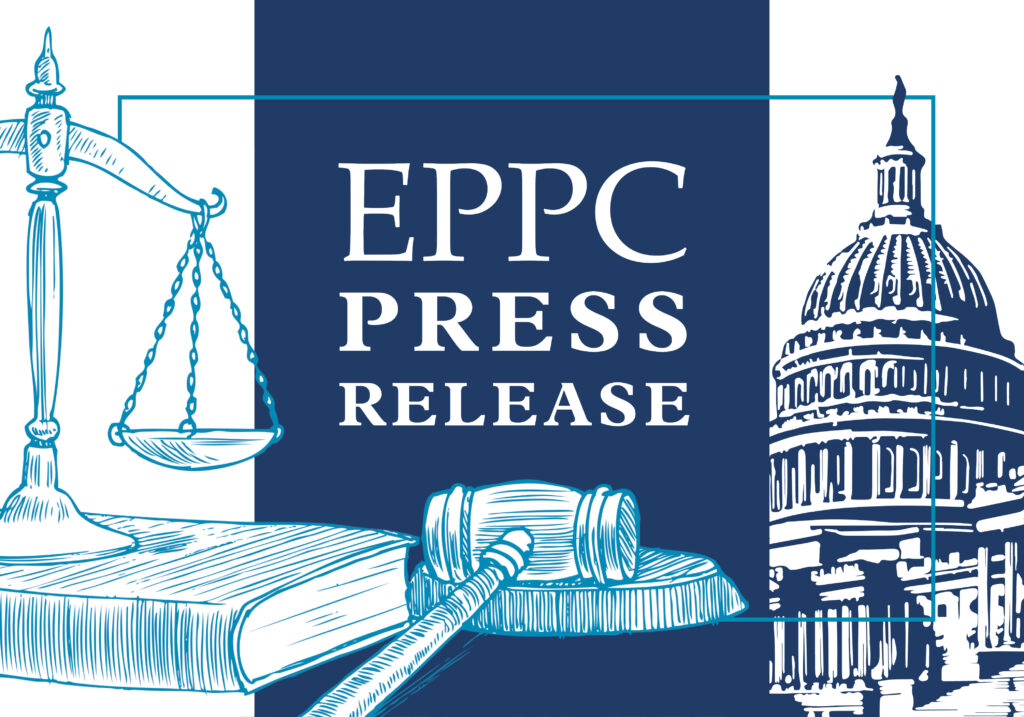
October 26, 2023
On October 25, 2023, the Ethics and Public Policy Center filed an amicus brief in the Sixth Circuit Court of Appeals in Christian Healthcare Centers v. Nessel (link to ADF case page). Christian Healthcare Centers filed this lawsuit seeking a declaration that the First Amendment prohibits Michigan from punishing the Centers for ensuring that its employees and its patient care reflect its religious convictions.
Michigan’s Civil Rights Commission has interpreted state civil rights laws to prohibit employment discrimination on the basis of gender identity, to require places of public accommodation to use a person’s preferred pronouns, and to require medical providers to facilitate “gender transitions.” All three of these mandates burden Christian Healthcare Centers’ religious exercise and public witness. Michigan officials have declared that religious opposition to these mandates is “[b]igotry under a veneer of religion” and that “it should be illegal to discriminate against someone on the basis of sexual orientation, gender identity and expression even if it conflicts with their own religious beliefs.”
Despite these hostile statements from state officials, the trial court found that Christian Healthcare Centers did not face a credible threat of enforcement, dismissing the case.
EPPC’s amicus brief, co-authored by EPPC fellows Eric Kniffin and Mary Rice Hasson, draws on the Person & Identity Project’s research to show that it reasonable—not unlawful discrimination—for a healthcare institution to decline to cooperate with a patient’s request for a social or medical “gender transition.” The brief also shows that other courts in nearly identical circumstances have found that religious organizations have standing and argues that the lower court’s standing analysis would make it far too easy for government to violate people’s fundamental rights:
The State of Michigan may earnestly believe that it is bigoted for a healthcare institution to decline to cooperate with a boy’s efforts to approximate a girl, or a girl’s efforts to approximate a boy, but a substantial and growing body of social science [shows] otherwise. . . .
Michigan is well-served by having healthcare professionals—religious or otherwise—that are willing to look at the available evidence, and not just political trends, before deciding how to treat children struggling with their gender identity. . . .
Finally, the district court’s [opinion] is out of step with well-established standing analysis in pre-enforcement challenges and, if left standing, would make it hard for citizens and organizations to vindicate their civil rights.











